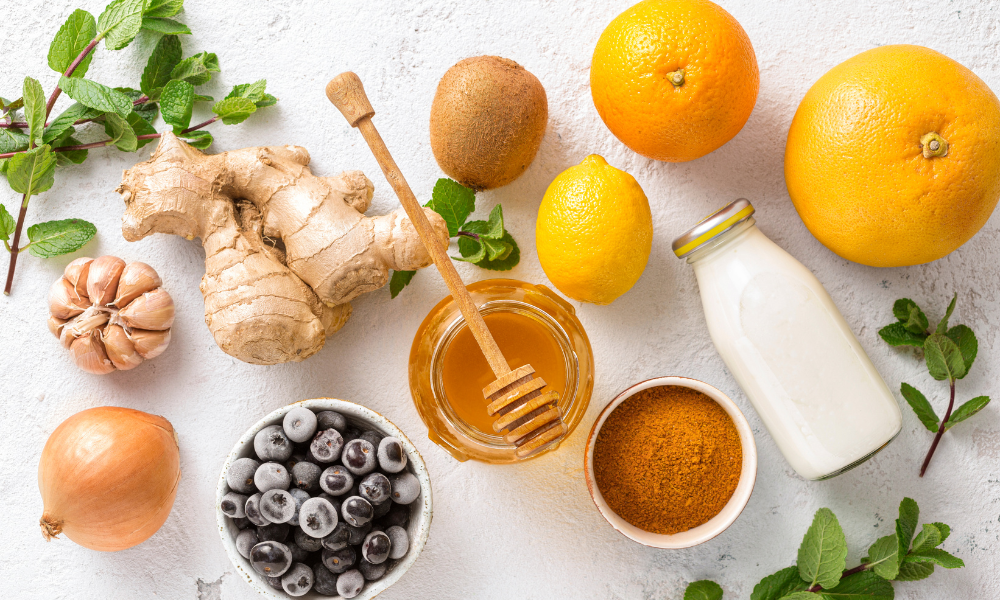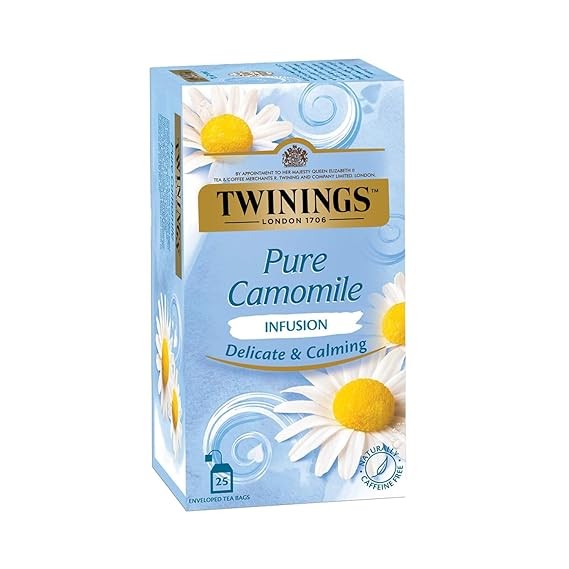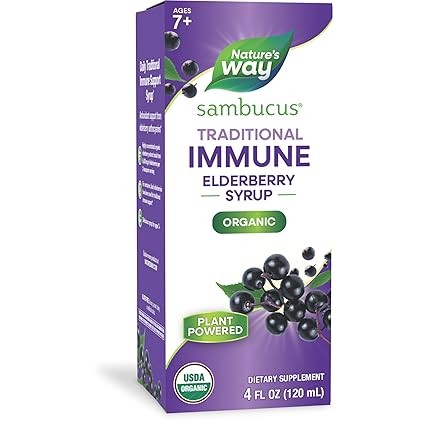
In a world full of busy routines, environmental toxins, and ever-changing viruses, having a strong immune system is more crucial than ever. The immune system is your body’s defense mechanism that protects against harmful pathogens like bacteria, viruses, and toxins. While modern medicine offers various solutions, nature also provides powerful tools to boost immunity safely and effectively. This ultimate guide explores proven, natural strategies to enhance your immune health without synthetic supplements or complicated routines.
- Eat a Nutrient-Rich Diet
One of the simplest and most effective ways to strengthen your immune system is through your diet. A variety of vitamins and minerals play critical roles in immune function. Focus on:
- Vitamin C: It can be found in citrus fruits, strawberries, bell peppers, and broccoli and helps stimulate white blood cell production.
- Vitamin D: Sunshine is the best natural source, but also include mushrooms, fortified milk, and fatty fish like salmon.
- Zinc: Found in pumpkin seeds, legumes, nuts, and whole grains, zinc helps with wound healing and supports immune response.
- Antioxidants: Found in colourful fruits and vegetables (e.g., blueberries, spinach, carrots), they help neutralize free radicals.
Include garlic and ginger in your meals too—both are known for their immune-boosting and anti-inflammatory properties.
- Prioritize Quality Sleep
Lack of sleep can weaken your immune system. During deep sleep, your body produces and releases cytokines—proteins that help regulate immunity and inflammation. Adults should aim for 7-9 hours of quality sleep per night.
To improve sleep naturally:
- Stick to a consistent bedtime schedule
- Avoid screens before bed
- Use calming herbs like chamomile or lavender
Chamomile Tea Bags
Relax with a cup of caffeine-free chamomile tea before bed to enhance sleep naturally
- Keep your bedroom cool and dark

- Stay Physically Active
Moderate exercise can boost the immune system by promoting healthy circulation, reducing inflammation, and encouraging the flow of white blood cells. Activities like:
- Walking or jogging for 30 minutes daily
- Yoga or Pilates for stress relief and flexibility
- Cycling or swimming for cardio and strength
Avoid overtraining, as intense exercise without adequate rest can weaken immunity.
- Stay Hydrated
Water is essential for every cell and function in your body, including immune defense. It helps flush out toxins and supports the production of lymph, which carries immune cells throughout your body.
It can be found in citrus fruits, strawberries, bell peppers, and broccoli and helps stimulate white blood cell production.
- Manage Stress Effectively
Chronic stress can impair immune response by increasing the hormone cortisol, which suppresses white blood cells and inflammation response. Managing stress naturally is key to maintaining a resilient immune system.
Try the following:
- Deep breathing or meditation (just 10 minutes daily can help)
- Spending time in nature
- Practicing gratitude journaling
- Creative hobbies like painting, reading, or music
- Get Sunlight and Fresh Air
Vitamin D, which is essential for immune health, is derived naturally from sunlight. Even 15-30 minutes of sun exposure several times per week can help regulate vitamin D levels.
Additionally, being outdoors:
- Reduces stress
- Enhances mood
- Encourages physical activity
- Improves lung function when breathing fresh air
Even a walk in your garden or time on the balcony can make a difference.
- Include Natural Immune Boosters
Some natural herbs and supplements have been shown to improve immune function. While you should consult a healthcare professional before taking any new supplement, consider the following:
- Elderberry: High in antioxidants, it may help reduce the severity of colds and flu.
Try an organic elderberry syrup for a convenient daily immune boost

-
- Echinacea: Frequently used to avoid and shorten the duration of colds.
- Turmeric: Contains curcumin, a powerful anti-inflammatory and antioxidant.
- Probiotics: Found in yogurt, kefir, sauerkraut, and kombucha, they support gut health, which is closely linked to immunity.
- Limit Sugar and Processed Foods
High sugar intake can suppress immune function by reducing the ability of white blood cells to fight bacteria. Processed foods often contain unhealthy fats, artificial additives, and excess sodium, all of which can contribute to inflammation and weaken immune health.
Try to:
- Replace sugary snacks with fruits or nuts
- Cook meals at home using whole foods
- Read food labels to avoid added sugars
Probiotic Supplement Capsules
For convenience, consider a high-quality probiotic supplement with diverse strains

-
-
9. Focus on Gut Health
Did you know that 70% of your immune system is located in
your gut? A healthy gut microbiome improves immune function and reduces
inflammation.Support your gut by:
- Eating
fermented foods (yogurt, kimchi, miso, tempeh) - Adding
prebiotic-rich foods like garlic, onions, bananas, and oats - Reducing
antibiotic use unless necessary - Avoiding
excess alcohol, which can damage gut lining
10. Avoid Smoking and Limit Alcohol
Smoking introduces harmful toxins into your body that weaken
immune function and increase susceptibility to respiratory infections. Alcohol,
when consumed in excess, also disrupts immune regulation and damages the gut
barrier.Tips:
- Quit
smoking with professional help or natural remedies - Limit
alcohol to 1 drink/day for women, 2 drinks/day for men - Hydrate
well after drinking alcohol
11. Practice Good Hygiene
While boosting immunity is internal, practicing good hygiene
helps prevent infections from entering your body in the first place.Basic habits include:
- Washing
hands regularly with soap and water - Avoid
touching your face, especially the eyes, nose, and mouth. - Keeping
your surroundings clean - Covering
your mouth when coughing or sneezing
These simple habits go a long way in reducing the spread of
harmful germs.12. Listen to Your Body
Your body often gives you signals when your immune system is
under stress—frequent colds, fatigue, allergies, or slow wound healing. Don’t
ignore these signs. Give yourself the rest, nutrition, and care needed.Regular health check-ups, even when you feel well, can help
you monitor and improve your wellness. - Eating
- A strong immune system is your greatest ally for long-term health. By following natural and sustainable habits—like eating whole foods, sleeping well, staying active, and reducing stress—you can empower your body to fight infections and recover faster. Boosting immunity isn’t about one miracle food or supplement, but a balanced lifestyle that nurtures your body from within.
-
-
Start small, stay consistent, and let nature do the rest




